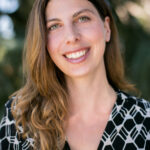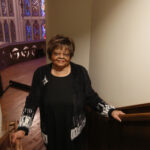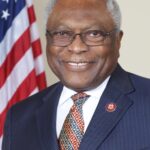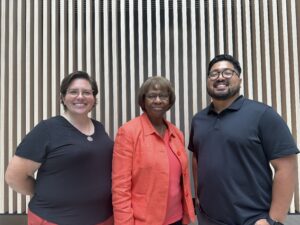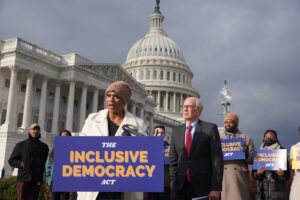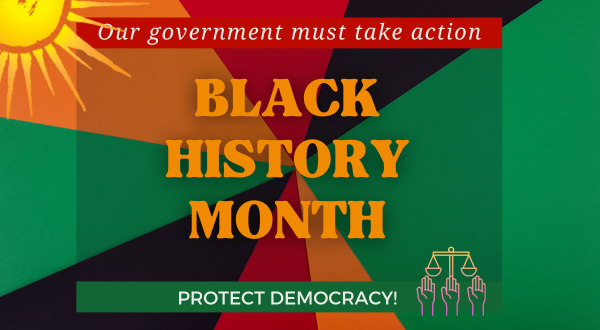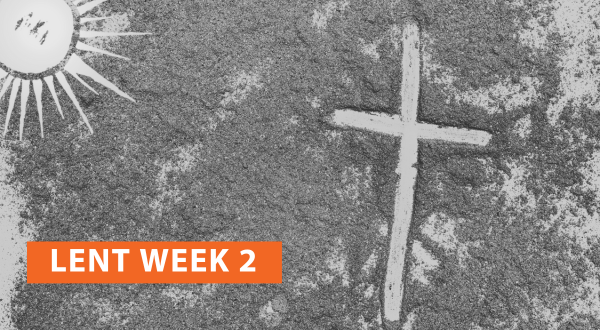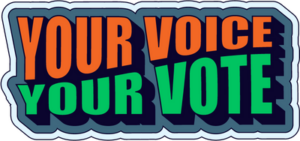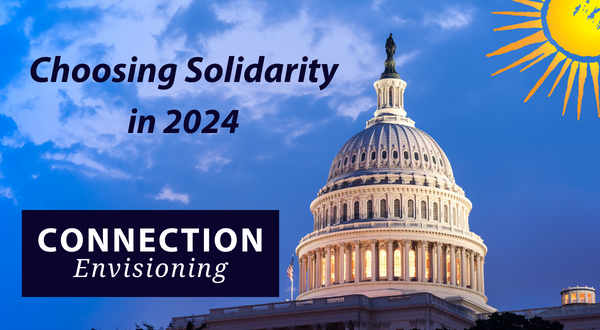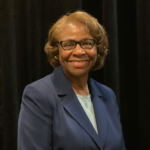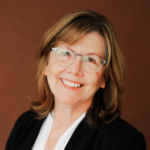NETWORK Lobby Condemns Trump’s Illegal and Blatantly Authoritarian Voting Rights Executive Order
Min. Christian S. Watkins
March 28, 2025
President Trump issued an extreme executive order Tuesday, March 25, 2025 that threatens our freedom to vote with unconstitutional mandates, public and election administration confusion, and draconian restrictions for election officials and voters.
According to the White House, the Trump administration desires to require “government-issued proof of U.S. citizenship on its voter registration forms.” to ensure no non-citizens are voting in U.S. elections. Additionally, the Administration’s move preempts House Republicans’ attempts to pass H.R.22—the Safeguarding American Voter Eligibility (SAVE) Act, a bill that seeks to codify extreme voter suppression tactics into law.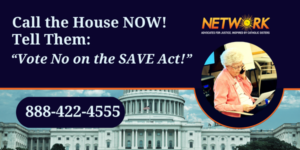 We know that these non-citizen voting claims are a false flag, as there is no evidence that noncitizen voter registration and voting is occurring at any meaningful scale. Not only is it practically infeasible for an undocumented immigrant to have the documents required to register to vote in the first place, it’s also difficult to imagine an undocumented immigrant would risk government scrutiny, arrest, and deportation — all to cast just one vote. President Trump and his enablers in Congress peddle the lie of noncitizen voting to try to justify their attempts to take away our freedom to vote. They know that their policies are unpopular, so they want to make it harder for our communities to vote and have a say in the decisions that affect us. This is yet another move in their effort to consolidate power for themselves.
We know that these non-citizen voting claims are a false flag, as there is no evidence that noncitizen voter registration and voting is occurring at any meaningful scale. Not only is it practically infeasible for an undocumented immigrant to have the documents required to register to vote in the first place, it’s also difficult to imagine an undocumented immigrant would risk government scrutiny, arrest, and deportation — all to cast just one vote. President Trump and his enablers in Congress peddle the lie of noncitizen voting to try to justify their attempts to take away our freedom to vote. They know that their policies are unpopular, so they want to make it harder for our communities to vote and have a say in the decisions that affect us. This is yet another move in their effort to consolidate power for themselves.
The SAVE Act would mandate American citizens provide proof-of-citizenship documents that many can’t access – like a passport or certified birth certificate – to register to vote or update their registration, such as after a move. Federal courts have found it an impermissible violation of the Constitution. State Department data shows 43-49% of Americans, or 104-118M voting-age citizens, do not have current passports.
Moreover, research from the Center for American Progress finds that approximately 69 million women do not have a birth certificate with their legal married name on it. Nearly 80% of married women–more than 69 million American women–have adopted their partner’s surname, and they would be unable to register to vote if the name on their ID does not directly match their proof of citizenship.
In effect, millions of people would have to get a passport that has lists their current name. But obtaining a passport takes time (in recent years, it has taken 10-13 weeks to process a passport applications) and is costly. Current rates are a $130 application fee plus a $35 execution fee. The fees are the same for passport renewal. This is seemingly a reiteration of poll taxes levied against African Americans and other impoverished citizens that were commonplace before the 24th Amendment to the Constitution ratified on January 23, 1964.
Consumer research shows that citizens in rural, working class, farming, and evangelical communities are least likely to hold passports. The data show:
• 76% of citizens who have not attended college do NOT have a valid passport
• 70% of citizens with family income less than $50K do NOT have a valid passport
• 62% of “evangelical hub” citizens do NOT have a valid passport
• 58% of citizens in working-class communities do NOT have a valid passport
• 53% of rural and farmland citizens do NOT have a valid passport
The freedom to vote is a foundational American value. And it’s one that states deliver on in every election cycle. States have strong checks and balances in place to ensure their elections are secure and accurate, with layers of safeguards in place set by state and federal law. States do not need Elon Musk’s DOGE accessing our personal information or disrupting electoral systems that effectively delivered results just a few months ago. Additionally, withholding federal funds from states that do not cooperate with the order’s provisions is egregious and will be a detriment to the unity and stability of our nation and elections. President Trump’s order, the SAVE Act, and bills like it are meant to divide Americans at a time when we are united in what we want from our government leaders: solutions to fix our broken economy.
Read NETWORK’s March 28 statement condemning the Trump administration’s illegal effort to steal the voting rights of millions.
Additional resources
- Campaign Legal Center:SAVE Act fact sheet, in-depth explainer
- DFAD Message Guidance: Stop the SAVE Act
- UnidosUS fact sheet: How the SAVE Act disproportionately arms Latinos voters and American democracy
- Voting Rights Lab and Secure Democracy USA: Documentary proof of citizenship & SAVE Act messaging guide
- White House Executive Order: Preserving And Protecting The Integrity Of American Elections








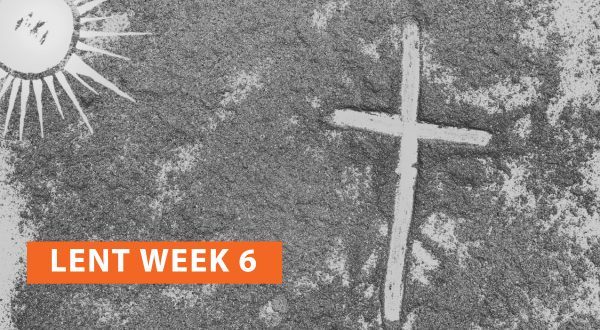

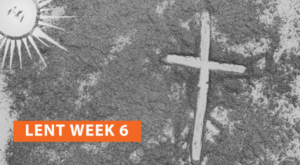 But Easter is also a collective reality—something we experience in community—and an invitation to something new, for all of us. In Eastern Christianity, we have the image of the Resurrection depicted as not only Jesus springing from his tomb alone, but of leading others to God communally. We are raised up together. As this week’s prayer from NETWORK Lobby Board Chair Sr. Catherine Ferguson, SNJM expresses:
But Easter is also a collective reality—something we experience in community—and an invitation to something new, for all of us. In Eastern Christianity, we have the image of the Resurrection depicted as not only Jesus springing from his tomb alone, but of leading others to God communally. We are raised up together. As this week’s prayer from NETWORK Lobby Board Chair Sr. Catherine Ferguson, SNJM expresses: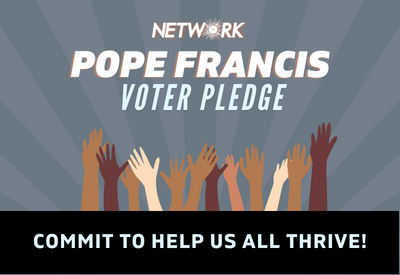
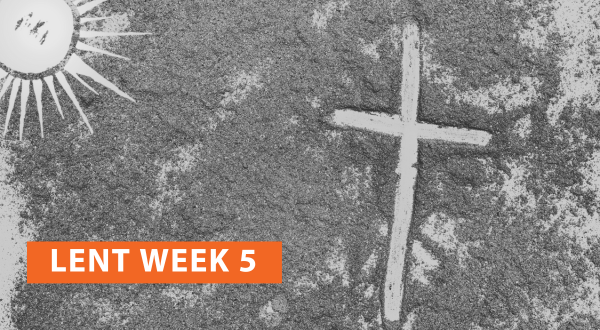
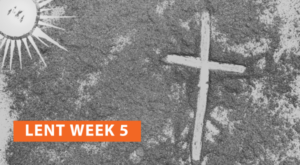 As we look ahead to the stark choice we face in the 2024 election, it becomes clear that what needs to die in us is apathy, despair, and all the hatred, anger, and us-versus-them mindsets that keep us from solidarity with our neighbor. All of these things–the division and disengagement–help the wealthy and powerful amass power and resources, while hard-working people in our communities are deprived of the resources needed to live the dignified life we all deserve.
As we look ahead to the stark choice we face in the 2024 election, it becomes clear that what needs to die in us is apathy, despair, and all the hatred, anger, and us-versus-them mindsets that keep us from solidarity with our neighbor. All of these things–the division and disengagement–help the wealthy and powerful amass power and resources, while hard-working people in our communities are deprived of the resources needed to live the dignified life we all deserve.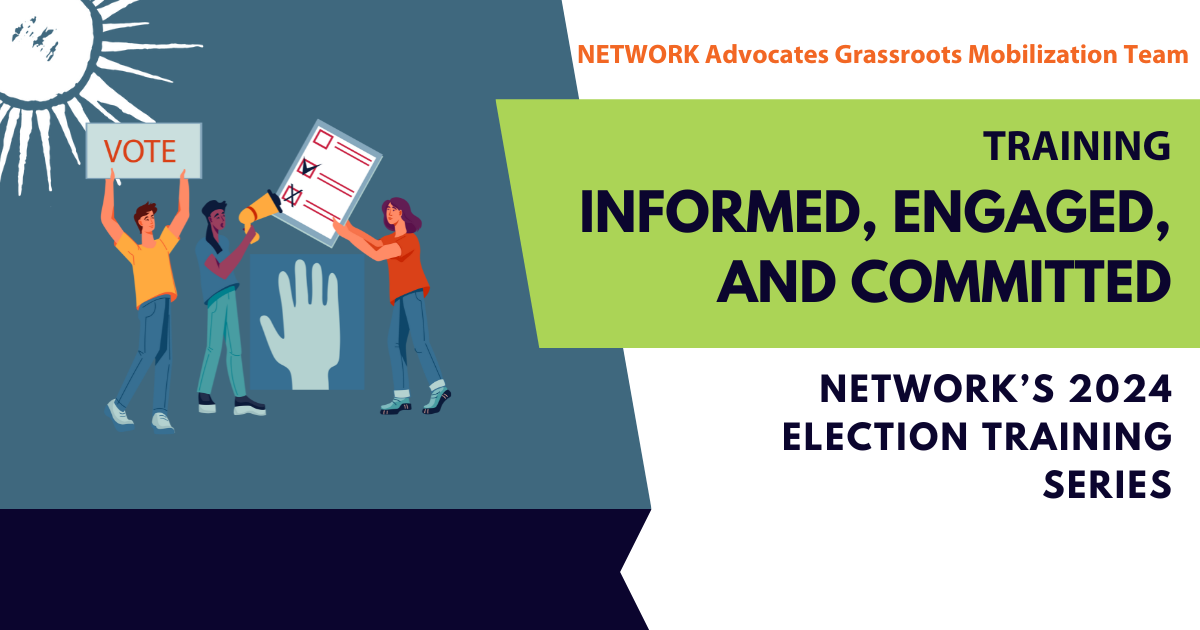
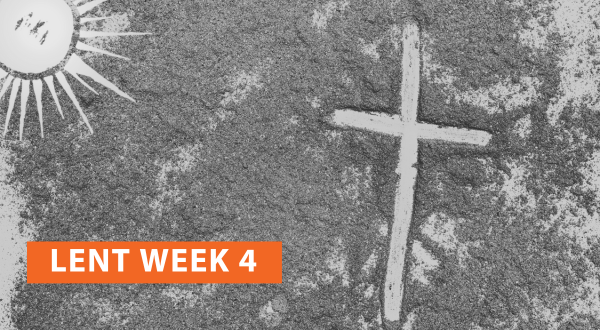
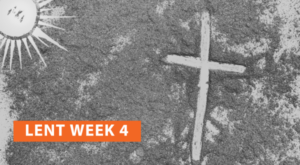 As we enter the fourth week of Lent, we turn to our deep need to both accept God’s mercy and extend mercy to others. To show mercy to others (and to oneself!) means joining in God’s merciful, broad, and inclusive invitation to work together for the common good, and to transform our structures of racial, economic, and social injustice.
As we enter the fourth week of Lent, we turn to our deep need to both accept God’s mercy and extend mercy to others. To show mercy to others (and to oneself!) means joining in God’s merciful, broad, and inclusive invitation to work together for the common good, and to transform our structures of racial, economic, and social injustice.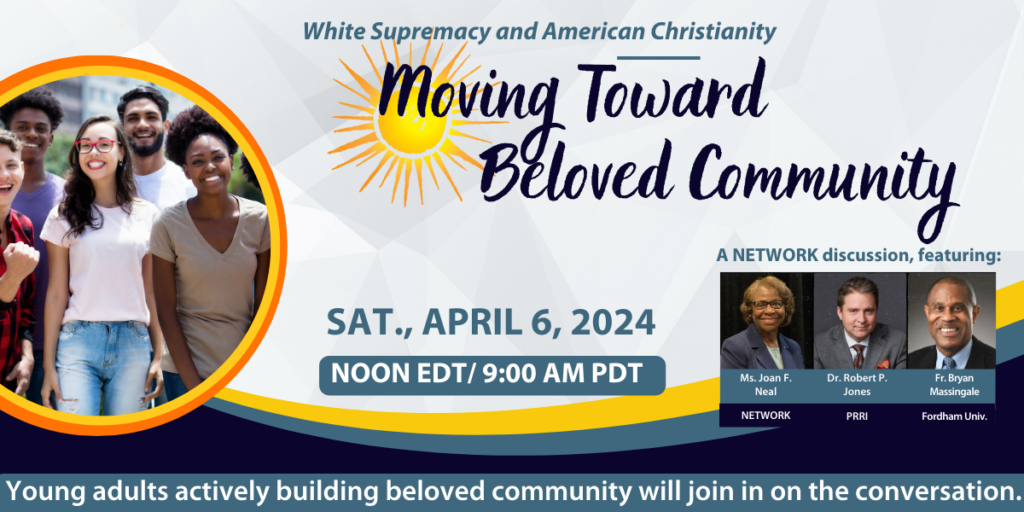
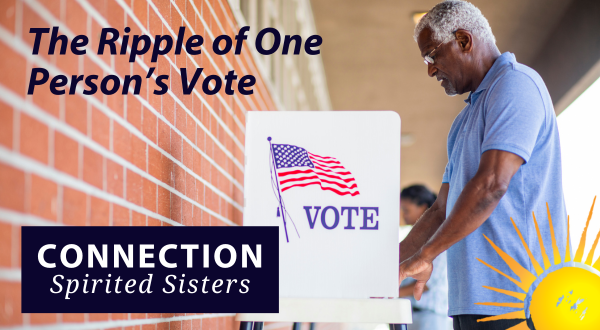

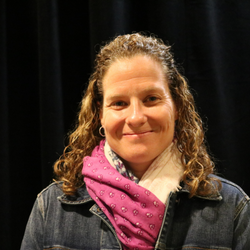
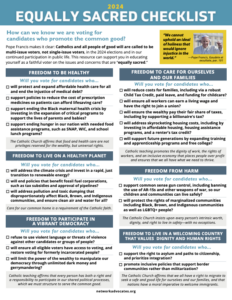
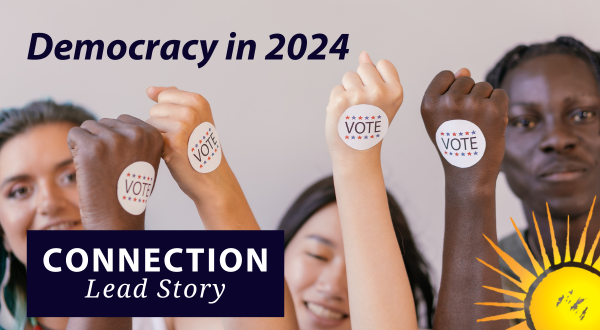
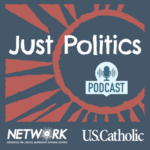 It all raises the question of the overall health of democracy in the U.S. and its prospects for weathering the 2024 elections — in the presidential race, Senate, House, and state-level contests. Advocates, academics, and leaders in the areas of faith and politics agree — and shared with
It all raises the question of the overall health of democracy in the U.S. and its prospects for weathering the 2024 elections — in the presidential race, Senate, House, and state-level contests. Advocates, academics, and leaders in the areas of faith and politics agree — and shared with 